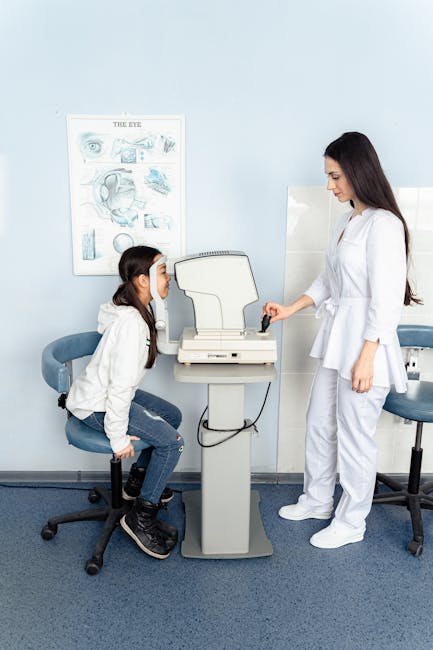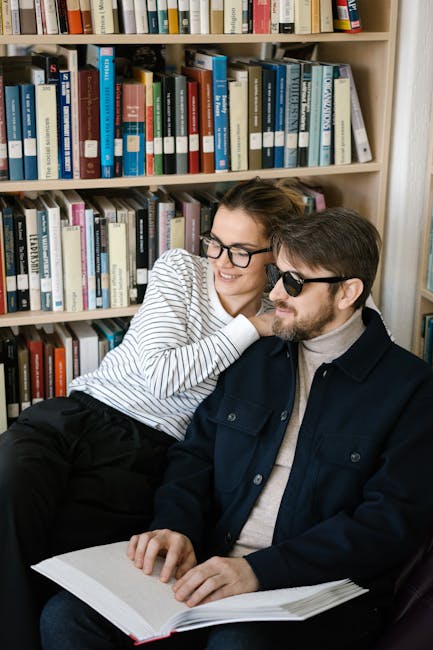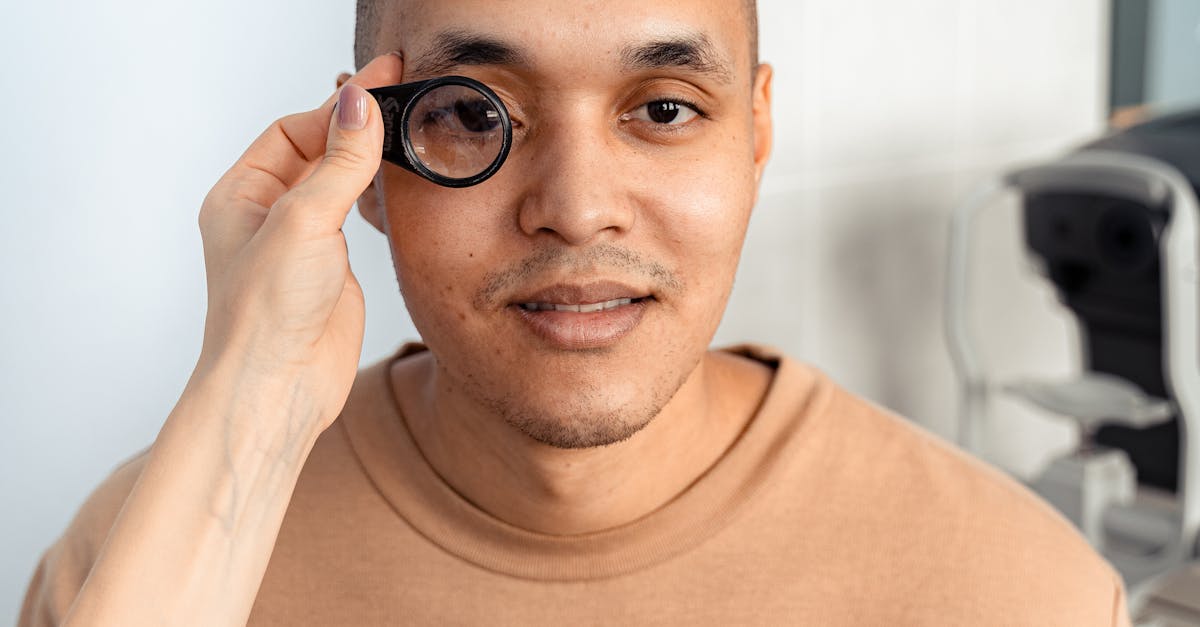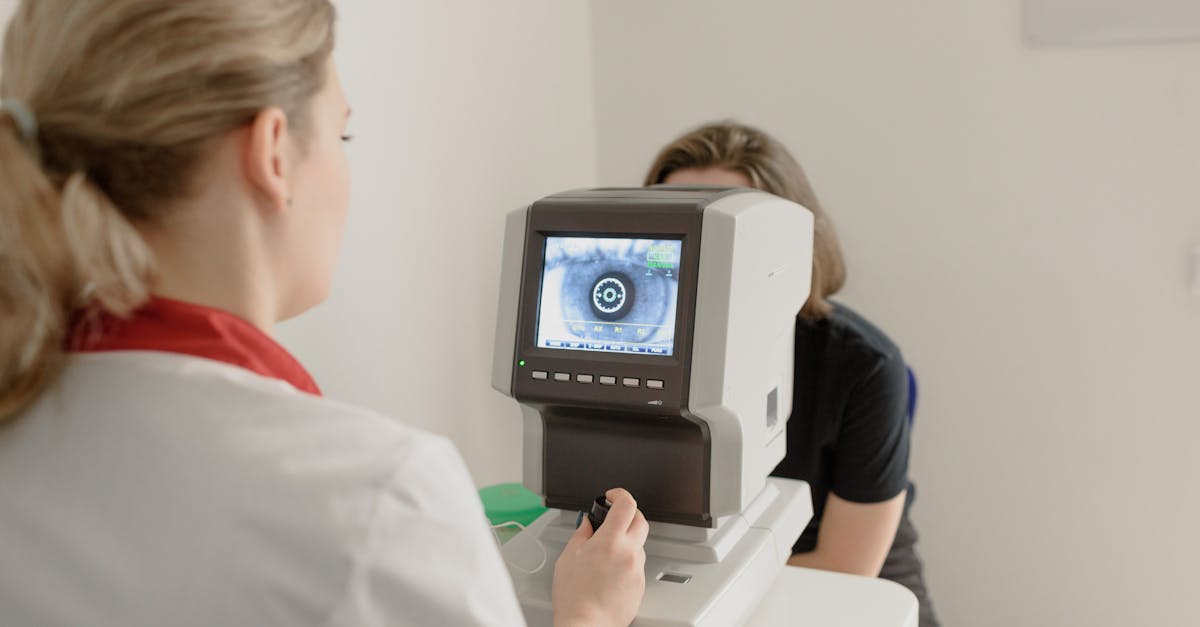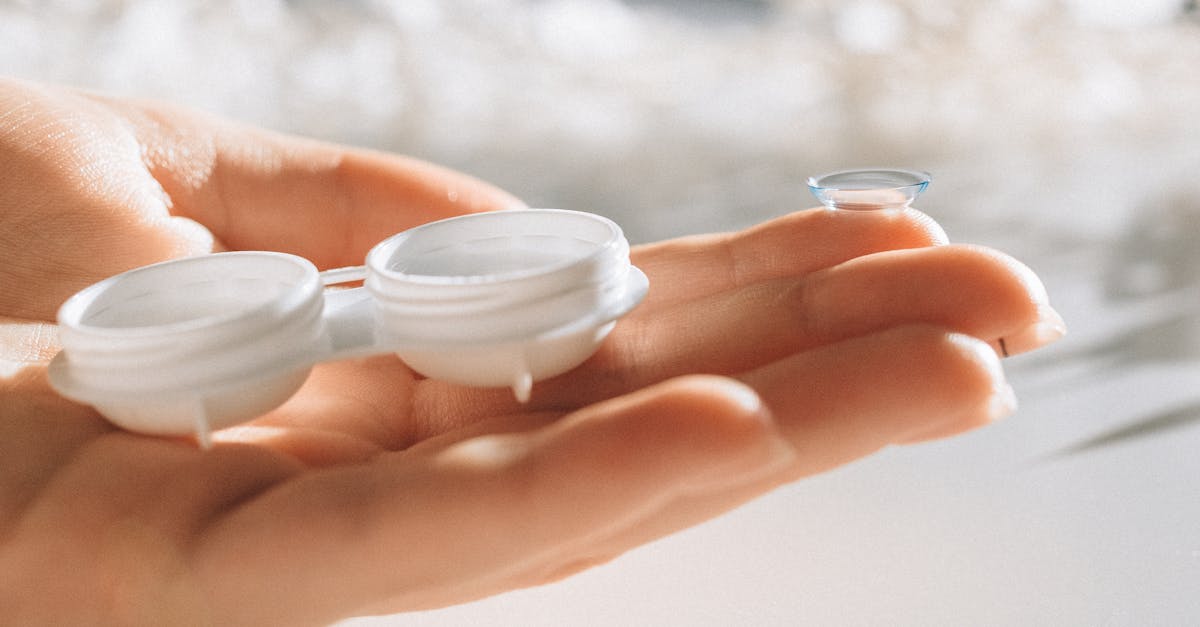As parents in Chicago’s suburbs, nothing is more important than ensuring your child thrives—at home, at play, and in school. Yet, a child’s healthy vision is often overlooked until an obvious issue appears. At iDoctor, we believe that your child’s first eye exam is more than just a medical check—it’s an investment in their confidence, learning, and lifelong wellness. If you’re navigating this milestone for the first time, we’re here to make it simple, comfortable, and genuinely informative for you and your family.

Why Eye Exams Matter for Children in Glendale Heights
Vision shapes how children experience the world. Roughly 80% of learning occurs visually—so even mild, unnoticed vision problems can cause a ripple effect on reading, focus, and social development. What’s unique for our Chicagoland families is that Illinois requires vision screenings before kindergarten, but a professional, comprehensive eye exam like the ones we perform at iDoctor goes far deeper, catching issues that school screenings miss. Early intervention means better outcomes—for vision, confidence, and academic success.
When Should Your Child Have Their First Eye Exam?
Understanding the right timing for your child’s eye exams is essential. At iDoctor, we follow evidence-based guidance designed to maximize your child’s potential. While we do not see children before they can read letters of the alphabet, we recommend the following timeline for parents:
- 6-12 months: The first eye exam—early enough to detect congenital or developmental concerns.
- At age 3: A detailed evaluation focusing on eye movement, tracking, and depth perception—key skills before preschool begins.
- Before kindergarten (ages 5-6): A readiness check for school tasks that rely on clear vision, like reading and whiteboard work.
- School-age children: Every 1-2 years, depending on whether glasses or contact lenses are needed, or sooner if symptoms arise.
Signs Your Child May Need an Earlier Eye Exam
While the recommended schedule is a great baseline, awareness of warning signs is equally important. Be proactive and book sooner if you notice:
- Squinting or covering one eye
- Frequent eye rubbing
- Head tilting or turning
- Sensitivity to light
- Difficulty maintaining eye contact
- Reluctance to read, draw, or play with puzzles
- Complaints of headaches or tired eyes
Our team will appreciate any notes or concerns you bring—we see you as our partners in your child’s care.
What Happens During a Child’s Eye Exam at iDoctor?
We blend advanced technology with a warm, kid-friendly approach. Here’s what to expect on exam day:
- Welcoming introduction: We take time to make your child comfortable and answer your questions.
- Medical and developmental history: Gathering key background to personalize the exam.
- Visual acuity assessment: Using age-appropriate charts—letters, pictures, or matching games—for a fun experience.
- Eye alignment and movement: Checking for crossed or wandering eyes (strabismus) and coordination issues.
- Depth perception: 3D-image or toy-based tests to assess how well both eyes work together.
- Focusing and prescription check (refraction): Using gentle, digital tools to measure for nearsightedness, farsightedness, or astigmatism—often without using eye drops. Our technology lets us tailor this part to your child’s needs with minimal discomfort.
- Eye health examination: Our imaging tools, such as Optomap retinal imaging, provide a detailed look at the back of the eye—often without the need for dilation drops—making it easy and stress-free for kids and parents alike.
- Review and discussion: Dr. Sayed will spend time explaining each finding, so you’re empowered to support your child’s vision at home and at school.
What Vision Skills are Evaluated?
A truly comprehensive exam looks beyond seeing 20/20. In Glendale Heights, where top schools and enriching activities abound, children need:
| Vision Skill | Why It Matters |
|---|---|
| Near vision | For reading books, using tablets, art projects |
| Distance vision | Seeing the whiteboard, sports |
| Eye teaming/tracking | Coordinated eye movement, depth perception |
| Focusing | Shifting focus between tasks quickly |
| Peripheral awareness | Safer play, navigating crowded classrooms |
FAQs: Glendale Heights Parents’ Top Questions About Pediatric Eye Exams
- Does my child need an eye exam if they passed the school vision screening?
Yes. School screenings catch only obvious nearsightedness. Comprehensive exams detect subtle or hidden problems (like lazy eye or astigmatism) that may affect learning and development if missed early. - Are eye exams scary or uncomfortable for little kids?
Not at all! Our friendly staff and engaging, age-appropriate tools make exams easy and fun. We’re parents too—we know patience and kindness go a long way. - What happens if my child needs glasses?
We’ll guide you through options from playful, durable frames to trendy, lightweight styles. Our opticians use technologies like Optikam to ensure a custom, comfortable fit—because we believe confidence starts with seeing (and feeling) your best. - How can I prepare for the appointment?
Bring a list of any symptoms, your child’s medical and vision history, and their favorite toy or book for comfort. Rest assured: We’ll keep the atmosphere low-stress and positive.
The iDoctor Approach: What Sets Us Apart?
Choosing iDoctor for your child’s first eye exam means you’re choosing meticulous care, personal attention, and the convenience of a practice invested in our Glendale Heights community. Our appointments are always unrushed; we schedule thoughtfully so every child feels valued, heard, and at ease. Using cutting-edge tech like digital vision assessments and widefield retinal imaging, we’re able to provide a deeper picture of your child’s eye health—with minimal disruption to your schedule.
What to Do After the Exam
- Review the doctor’s findings together: Ask questions about anything you don’t understand; we love explaining and sharing resources!
- If glasses are prescribed, let your child help pick their frames. Our selection includes playful, durable, and designer options so kids are excited to wear their specs.
- Follow the recommended schedule for follow-up exams—even if things seem fine. Early and regular visits prevent many future issues.
- Encourage good visual habits—like taking breaks from screens, reading in good light, and playing outdoors.
Early, Expert Care—A Lifetime of Learning
Your child’s first eye exam is the first step toward a happy, confident learner and a safe, active explorer. At iDoctor, we’re not just evaluating young eyes—we’re supporting growing minds and futures. By partnering with us, you embrace a uniquely thorough, gentle, and genuinely local approach to vision care in Glendale Heights and neighboring communities like Bloomingdale, Glen Ellyn, and Lombard.
If it’s time for your child’s first or next comprehensive eye exam, we’d be delighted to welcome you to our office. Book your appointment online or call us at (630) 454-6899. We look forward to being a trusted part of your family’s healthy growth and bright, clear journey ahead!


